The Regional Business Meet 2017, a first of its kind to bring business partnerships and inter-state trade between First Generation Entrepreneurs (FGEs) from Manipur and Nagaland was held on June 21.
With the theme ‘Interstate trade and land-linked opportunities’, the meet was organised by the Entrepreneurs Associates (EA), and attended by Entrepreneurs from Manipur and Nagaland at Jubilee Memorial Centre, Kohima.
Speaking on the theme ‘Manipur and Nagaland –The land-linked states: opportunities and realities’, Editor of the Imphal Free Press, Pradip Phanjoubam classified the successful businesses in Manipur and Nagaland into three groups.
The first category includes successful contractors, bureaucrats and politicians; the second include successful business persons who have achieved and amassed wealth with their own talents and hardwork; and the third are who “transcend the idea of business by building communities through business.” EA, he said is one such example.
“Success has to be looked in terms of what I contribute and not how I expand my business. We are thinking of one ship, rising together against the tide,” he said and pointed out the main strength of business between Nagaland and Manipur is the commonalities in terms of culture as well as problems.
Phajoubam maintained that empathy can be applied in the trade between the two states which can identify with similar tragedies. “Empathy network is essential for us in building strong trade relations. Empathy is built by common awareness and common tragedy. Business deals are struck through empathy,” he said, while citing the example of women vendors in Manipur who come from different backgrounds and communities, where problems are shared and trades are built up through empathy.
To create inter-state trade and ensure vibrant highways, Dr. Akum Longchari, Editor, The Morung Express suggested the need to understand interstate trade through the lens of inter-cultural and cross cultural relations with its shared humanity. The policies of such trades, he stated, will require the promotion of mutual interdependence where both sides benefit and further raise the stakes on achieving peace.
He therefore maintained that cross-border trade has a vital role in recovery and reconciliation efforts; however crucial changes to policy and practice are needed to harness its peace-building potential and avoid intensifying conflict.
To build vibrant highways, the basic fundamental needs of the people in the Imphal Valley and the surrounding “peoples of the hills” in Manipur are at the center of the process. He called for addressing the hill peoples’ sense of deliberate denial and systematic marginalization and also the constant economic blockades which have drastically impacted the people’s stability and well-being in the valley.
He suggested mapping out the root-causes of the issues that divides the two states and explore solutions together, while also working towards establishing inclusive mechanisms where local communities, civil society and governments can introduce confidence building measures and are empowered to handle incidents before they escalate.
He also stressed on the moral responsibility of the media (particularly print media) towards this, and pointed out the essence of disallowing the state to tell “our stories for us and to define the problems for us and to offer solutions that do not meet the basic needs of our circumstances.”
Neichute Doulo, CEO, EA, meanwhile said that for a long time, Nagas and Manipuris have allowed others to define them, and being labelled as conflict-torn, insurgent, land-locked states. “We are actually land-linked,” he said.
Doulo asserted that opportunities lie in our own lands. Despite decades of armed conflict, the two states have produced Olympians and great musicians, and it is in these regions that outsiders have successfully thrived in the field of business and trade, he added.
The first step in the process of interstate trade and land-opportunities, according to Doulo, is to identify the bottlenecks of both states. “We think about law and order problem but it is with us for the last twenty years and it might go for another fifty years. We cannot change these external factors. What we can change today is perspective building,” said Doulo.
Citing the example of the 2200 truckloads of potatoes that go to Imphal, Doulo suggested if Nagaland can export its organic potatoes to Imphal. Further, instead of importing fish from Andhra Pradesh, Doulo pointed out the possibilities of importing fish from Loktak Lake, Imphal.
While some realities and external factors such as AFSPA and negligence of the National Highways are beyond the control of entrepreneurs, Doulo expressed positive outcomes from the entrepreneurs present at the meet who have thrived in spite of such realities. (Morung Express)

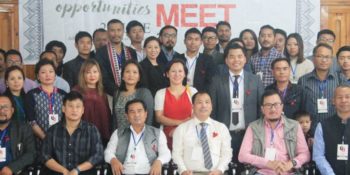
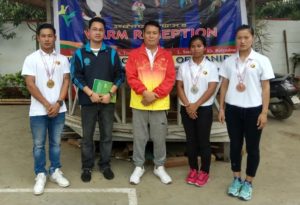
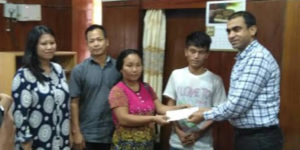
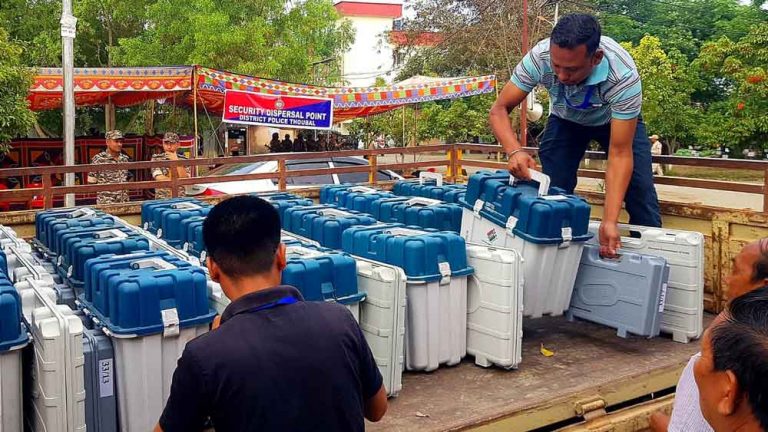
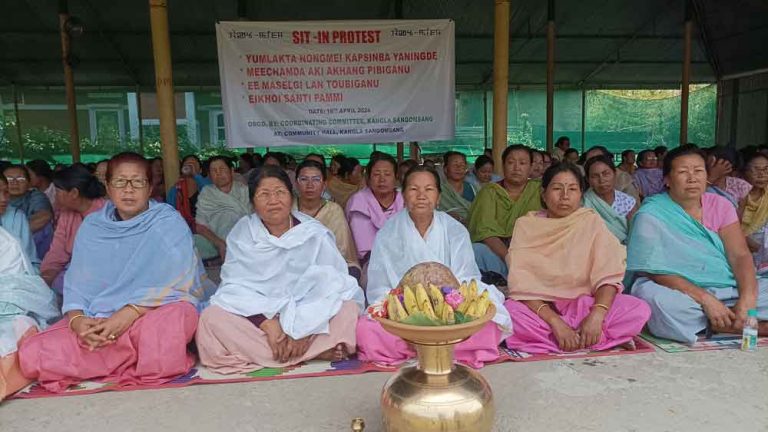
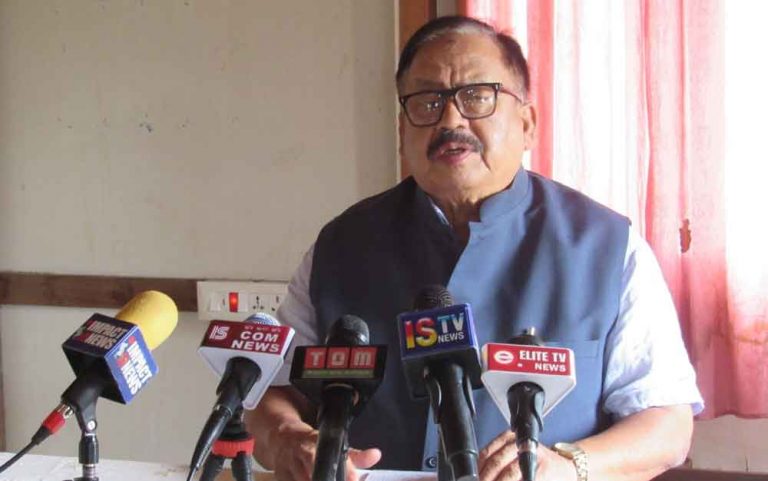
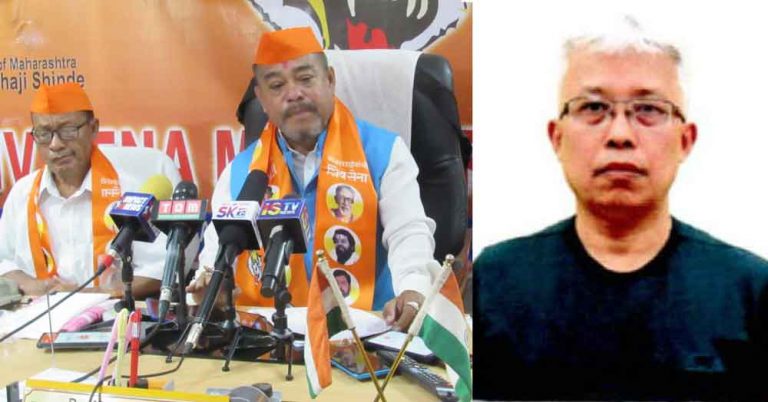
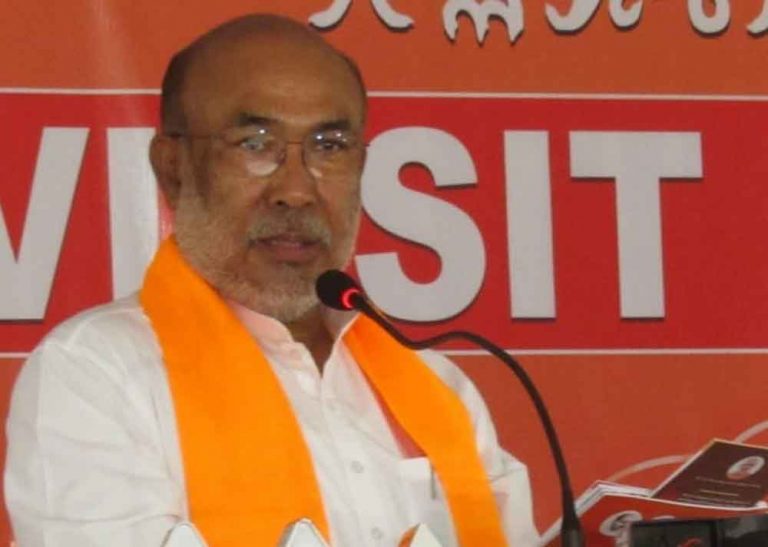
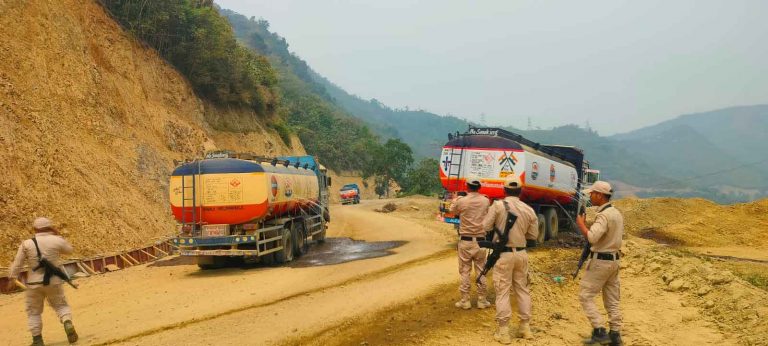
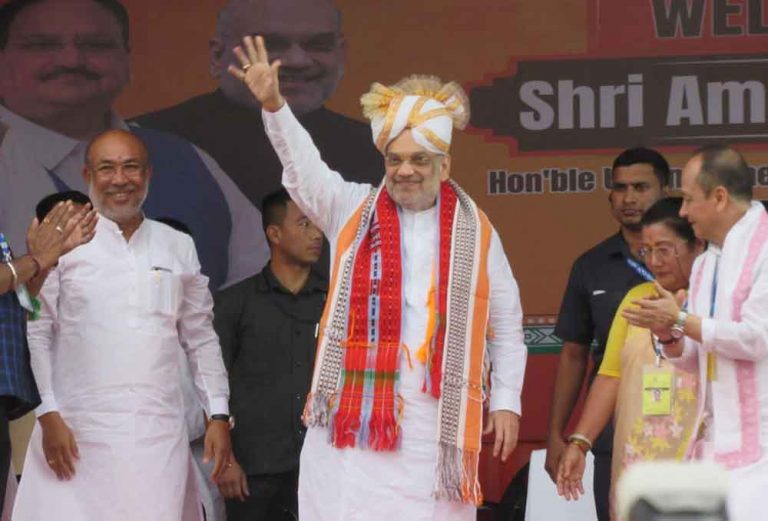
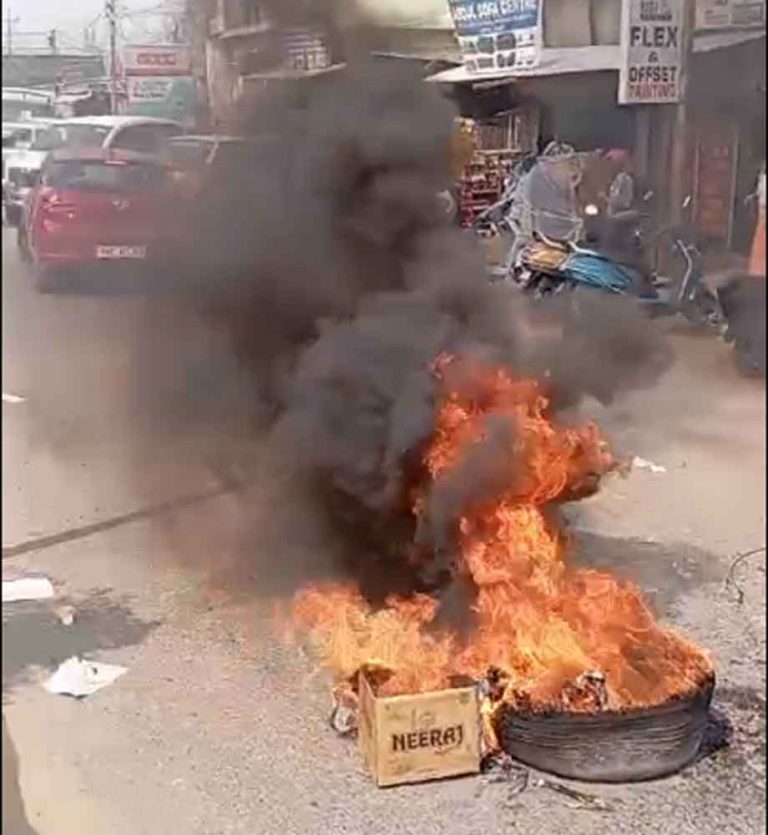
+ There are no comments
Add yours